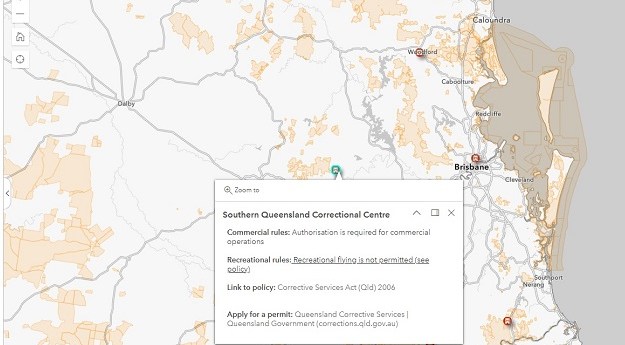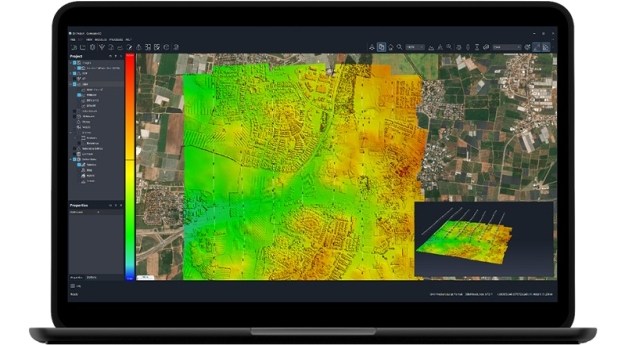
Image credit: ©stock.adobe.com/au/watcharakongton
Anew report has outlined some of the workforce and skills challenges facing the UK’s geospatial industry, as well as opportunities for improvement.
The ‘Demand for Geospatial Skills Report,’ commissioned by the UK’s Geospatial Commission and carried out by Frontier Economics, was conducted to develop analysis of the geospatial labour market, to help us build our understanding of the demand for geospatial skills.
The report builds on the ‘Dynamics of data science skills’ report by the Royal Society to form a greater understanding of the geospatial ecosystem.
One of the key findings is that geospatial skills are “evolving from a niche skill set to a wider ecosystem of data and digital skills, cutting across sectors and roles”.
The report goes on to says that there is “significant global demand for these wider data skills that is outstripping supply”.
The Geospatial Commission said that the “The Demand for Geospatial Skills Report, and subsequent engagement, has helped us build a clearer understanding of demand in this market”.
The Commission noted that:
- In some sectors there is demand for core geospatial skills which is being clearly expressed, consistent with its Data Market Study which indicated that the geospatial ecosystem is growing. 55% of the geospatial firms that identified as being geospatial were incorporated between 2009 and 2019, with the average annual increase of the number of all firms being 8% over this period.
- In some sectors there is demand for core geospatial skills that is not being clearly expressed, with employers and recruiters not using the standard industry language when recruiting geospatial roles. This can create a disconnect between demand and supply.
- Some sectors expected to identify a high demand for geospatial skills have not fully realised the business opportunities of using location data, and the Commission has therefore seen lower-than-expected demand for geospatial skills.
- There is clear demand for wider data skills that are critical to producing, managing and using location data. This reflects broader global demand for data skills.
The Commission noted that these observations “illustrate the complexity in the geospatial ecosystem, including challenges that relate to demand and supply, as well as digital skills and core geospatial skills”.
“These issues cannot be taken in isolation, given the links between demand and supply. However, the issues identified through the report and subsequent conversations will help to inform our future work in this space.”
Stay up to date by getting stories like this delivered to your inbox.
Sign up to receive our free weekly Spatial Source newsletter.












